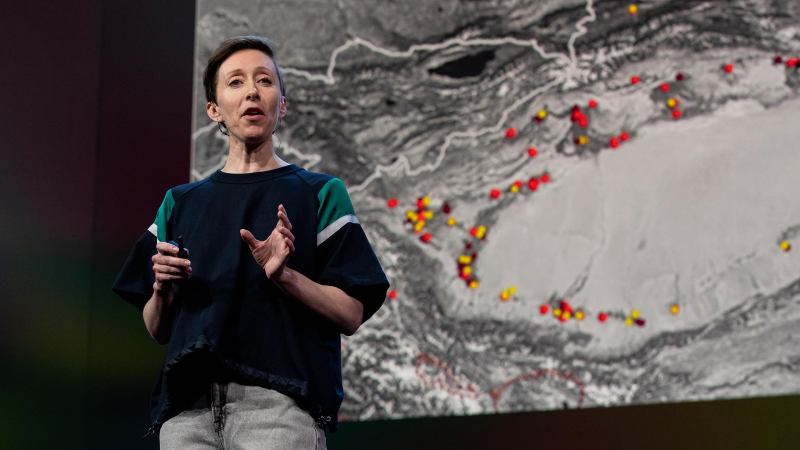
How data-driven journalism illuminates patterns of injustice | Alison Killing

O epizodě podcastu
A blank spot on a digital map can signal much more than a gap in data -- it can mean something is being intentionally hidden. Sharing the remarkable discovery of massive alleged detention camps in Xinjiang, China, Pulitzer Prize-winning journalist Alison Killing shows how governments can obscure human rights abuses by limiting journalist access on the ground -- and calls for more reliable open-source data (like satellite and social media imagery) to shine a light on the world's darkest places.
Data-driven journalism can help pinpoint truths and expose corruption -- even without physical access to where it's happening. Sharing the remarkable discovery of massive alleged detention camps in Xinjiang, China, Pulitzer Prize-winning journalist and TED Fellow Alison Killing calls for more reliable open-source data, like satellite and social media imagery, to shine a light on the world's darkest places.
Popis podcastu
Every weekday, TED Talks Daily brings you the latest talks in audio. Join host and journalist Elise Hu for thought-provoking ideas on every subject imaginable — from Artificial Intelligence to Zoology, and everything in between — given by the world's leading thinkers and creators. With TED Talks Daily, find some space in your day to change your perspectives, ignite your curiosity, and learn something new.